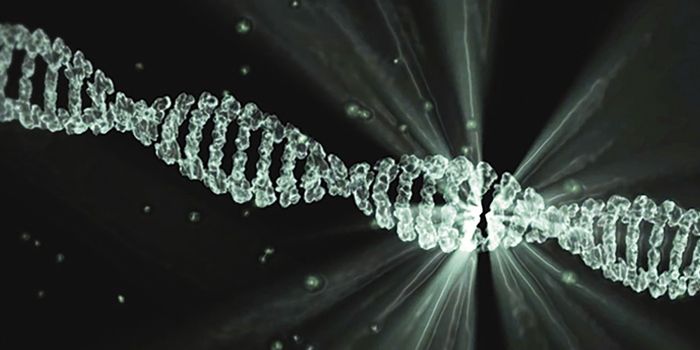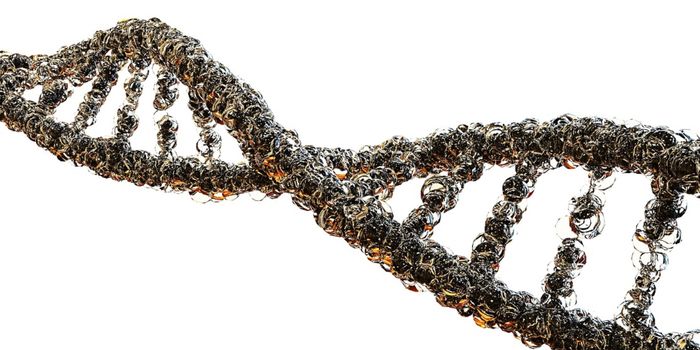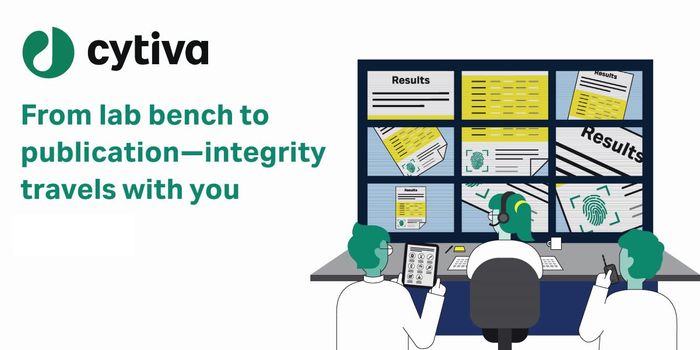Gene Therapy Could be the Answer for Severe Allergies
Gene therapy is normally thought of as a potential treatment for genetic disease, but researchers are exploring its use as a therapy for severe allergies. Our immune system has a special memory system of its own, and while it’s normally a good thing and is required for the efficacy of vaccines, when it reacts to non-pathogenic stimuli as a foreign invader, allergies develop. Researchers have now shown that it is possible to turn that immune response off, quieting the allergy in animal models with a single treatment.
"When someone has an allergy or asthma flare-up, the symptoms they experience results from immune cells reacting to protein in the allergen," explained Ray Steptoe, an Associate Professor at The University of Queensland Diamantina Institute. His team has published their new work in the Journal of Clinical Investigation Insight, and it is outlined in the video.
"The challenge in asthma and allergies is that these immune cells, known as T-cells, develop a form of immune memory and become very resistant to treatments. We have now been able wipe the memory of these T-cells in animals with gene therapy, desensitizing the immune system so that it tolerates the protein.”
The researchers inserted a gene that acts to modulate the allergic response into blood stem cells, then put those modified stem cells into a mouse model.
While this research was somewhat limited in terms of the variety of allergens that exist, Steptoe is confident it could be extrapolated for use in other allergy scenarios. "Our work used an experimental asthma allergen, but this research could be applied to treat those who have severe allergies to peanuts, bee venom, shell fish and other substances,” he said.
The investigators plan to continue working on this technique, and their next step will be to validate their findings in human cells that grow in culture. Steptoe explains their experimental protocol: ”We take blood stem cells, insert a gene which regulates the allergen protein and we put that into the recipient. Those engineered cells produce new blood cells that express the protein and target specific immune cells, turning off the allergic response.”
The ultimate goal would be a single injection that would replace treatments that only last for a limited time and have to be continuously redone.
"We haven't quite got it to the point where it's as simple as getting a flu jab, so we are working on making it simpler and safer so it could be used across a wide cross-section of affected individuals," Steptoe said. "At the moment, the target population might be those individuals who have severe asthma or potentially lethal food allergies.”
The research is of special interest to Australia, where over two million people are affected with asthma and over half experience symptoms regularly.
Steptoe is featured discussing his research in the video.
Sources: AAAS/Eurekalert! via UQ, JCI Insight








